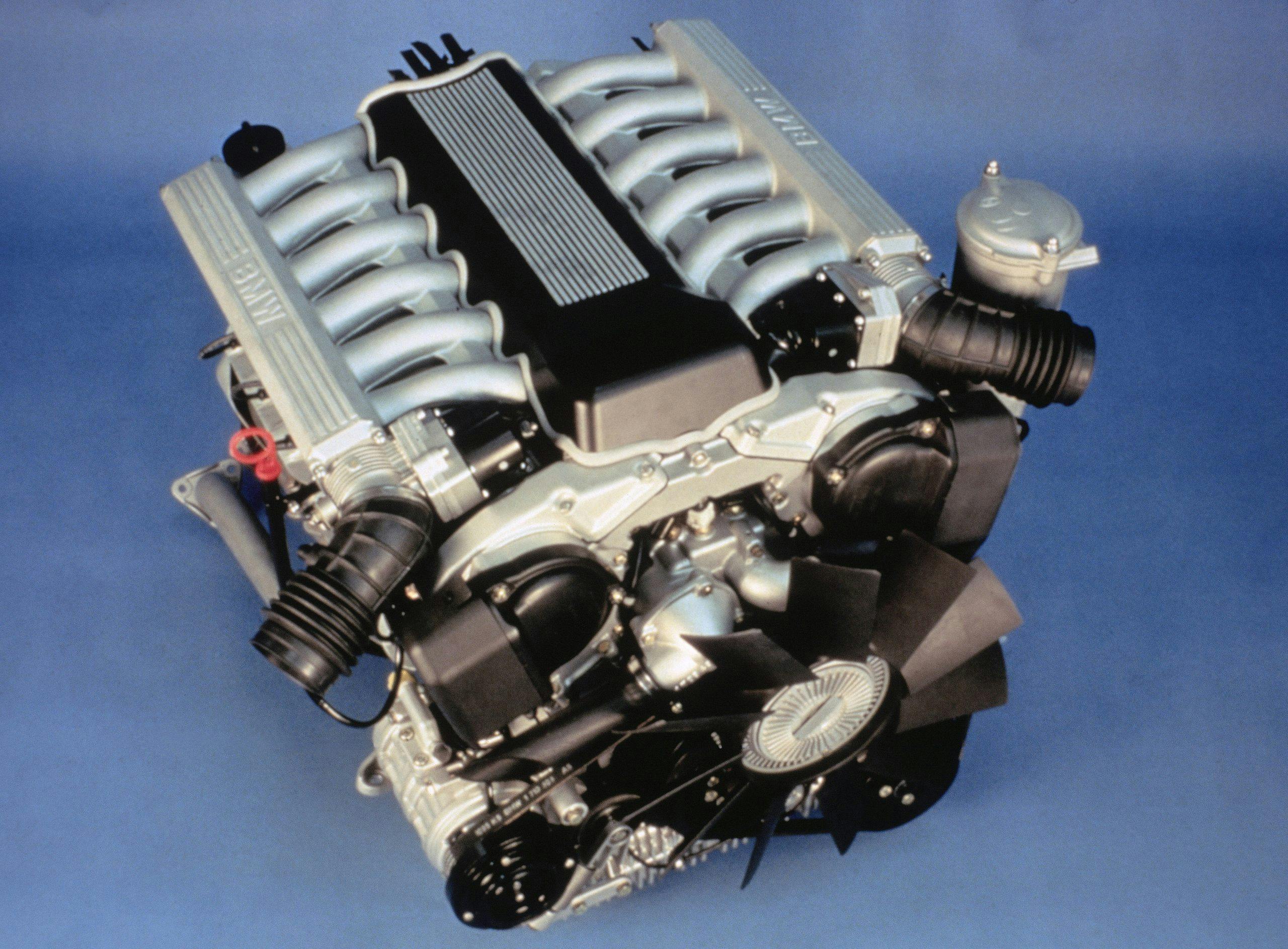Usual Issues Encountered by BMW Engine Owners and How to Solve Them
Usual Issues Encountered by BMW Engine Owners and How to Solve Them
Blog Article
Revealing the Intricacies of Next-Generation Power Units: a Deep Study Advanced Engine Technologies and layouts
As we stand on the precipice of a new era in transport, the ins and outs of next-generation engine styles beckon us to explore the innovative innovations and developments that promise to redefine the driving experience. Delving deeper into the worlds of emission control, intelligent engine management systems, and the horizon of power system development, we find ourselves on the cusp of a transformation that guarantees to reshape the landscape of mobility as we understand it.
Development of Engine Materials

The change towards advanced engine products has likewise allowed engineers to develop engines with greater power outputs while keeping fuel efficiency requirements. The use of lightweight materials reduces the overall weight of the engine, leading to boosted fuel economic situation and lower emissions. Furthermore, improvements in materials modern technology have enabled far better thermal monitoring within engines, causing boosted integrity and durability.
Turbocharging and Supercharging Technologies
Exactly How do Turbocharging and Supercharging Technologies change engine efficiency and efficiency in modern-day lorries? Turbocharging and supercharging are innovations that considerably boost engine efficiency by enhancing the amount of air intake into the burning chamber. Turbocharging achieves this by making use of a generator driven by exhaust gases to pressurize the intake air, while supercharging makes use of a belt- or chain-driven compressor to achieve the exact same result.
These modern technologies enable smaller sized, a lot more fuel-efficient engines to generate power equal to bigger ones, referred to as downsizing. By forcing more air into the cylinders, turbo charging and turbocharging improve burning performance, leading to boosted horsepower and torque outcome without a considerable increase in engine size. This causes much better acceleration, lugging ability, and total driving efficiency.
Additionally, turbocharging and supercharging add to boosted gas performance by allowing the usage of smaller sized engines that take in much less fuel under normal driving conditions - bmw engine. This combination of enhanced performance and efficiency has made turbocharging and supercharging essential components of lots of modern-day engine layouts
Emission Control and Environmental Impact
With boosting worldwide concerns relating to air top quality and environmental sustainability, the implementation of discharge control modern technologies in lorries plays an essential duty in reducing dangerous pollutants released into the environment. Modern lorries are geared up with advanced exhaust control systems that aid decrease the ecological influence of automobile operations. Catalytic converters, for example, are designed to transform poisonous gases such as carbon monoxide gas, nitrogen oxides, and hydrocarbons right into less hazardous substances like co2 and water vapor.
Furthermore, advancements in engine innovation, such as the combination of exhaust gas recirculation systems and careful catalytic my sources decrease, have dramatically contributed to lowering emissions. These technologies work in tandem to enhance burning efficiency and lessen the launch of harmful pollutants into the air. Furthermore, the growth of hybrid and electric vehicles represents a vital action towards minimizing the total ecological footprint of the transportation sector.
Intelligent Engine Administration Systems

Furthermore, these systems enable vehicles to satisfy strict exhausts requirements without endangering efficiency, supplying a more eco friendly driving experience. The integration of artificial intelligence and artificial intelligence capabilities in engine monitoring systems remains to push the limits of what is feasible, bring about further improvements in effectiveness, reliability, and general automobile performance. bmw engine. As automobile modern technology breakthroughs, smart engine monitoring systems will play a vital duty fit the future of transport towards a much more efficient and lasting direction
Future Trends in Power Device Advancement
As smart engine administration systems pave the means for boosted control and optimization in contemporary cars, future fads in power device development are positioned to redefine the landscape of automobile propulsion innovations. One of the key trends driving development in power system advancement is the change in the direction of electrification. With a raising concentrate on sustainability and decreasing carbon emissions, hybrid and electric powertrains are coming to be extra prevalent in the automotive market. These alternate source of power provide enhanced performance and efficiency over at this website while straightening with rigorous ecological regulations.
Another significant fad is the assimilation of sophisticated materials review and manufacturing strategies. Light-weight materials such as carbon fiber and aluminum are being made use of to minimize general vehicle weight, boosting gas effectiveness and performance. In addition, innovations in 3D printing and additive production are allowing the production of intricate engine elements with higher accuracy and toughness.
Moreover, expert system and artificial intelligence are playing a crucial duty in enhancing power device performance. These technologies permit for real-time monitoring and flexible control, resulting in more trusted and effective power delivery. Generally, future trends in power device development are tailored towards performance, sustainability, and performance, driving the vehicle industry in the direction of a new period of propulsion innovations.

Conclusion
In verdict, the developments in engine materials, turbocharging, exhaust control, and smart management systems have actually led the way for next-generation power units. The complex layouts and technologies in contemporary engines display the recurring evolution of auto innovation.
Discovering the dynamic advancements in engine materials has been crucial in enhancing the efficiency and effectiveness of modern-day engines. Over the years, the evolution of engine materials has played an essential duty in pressing the boundaries of what engines can achieve.The shift in the direction of progressed engine products has actually additionally made it possible for designers to make engines with greater power results while keeping gas performance criteria.The application of smart engine administration systems in contemporary cars has transformed the way engines are controlled and maximized for efficiency and performance. By gathering data in real-time and evaluating it with sophisticated algorithms, intelligent engine management systems can adjust to driving designs, ecological aspects, and engine health and wellness to optimize power result while decreasing gas intake and discharges.
Report this page